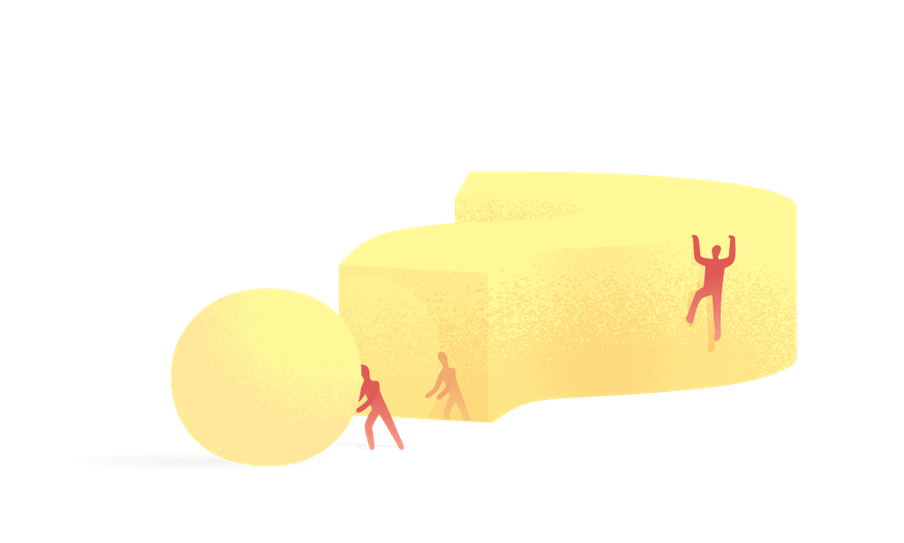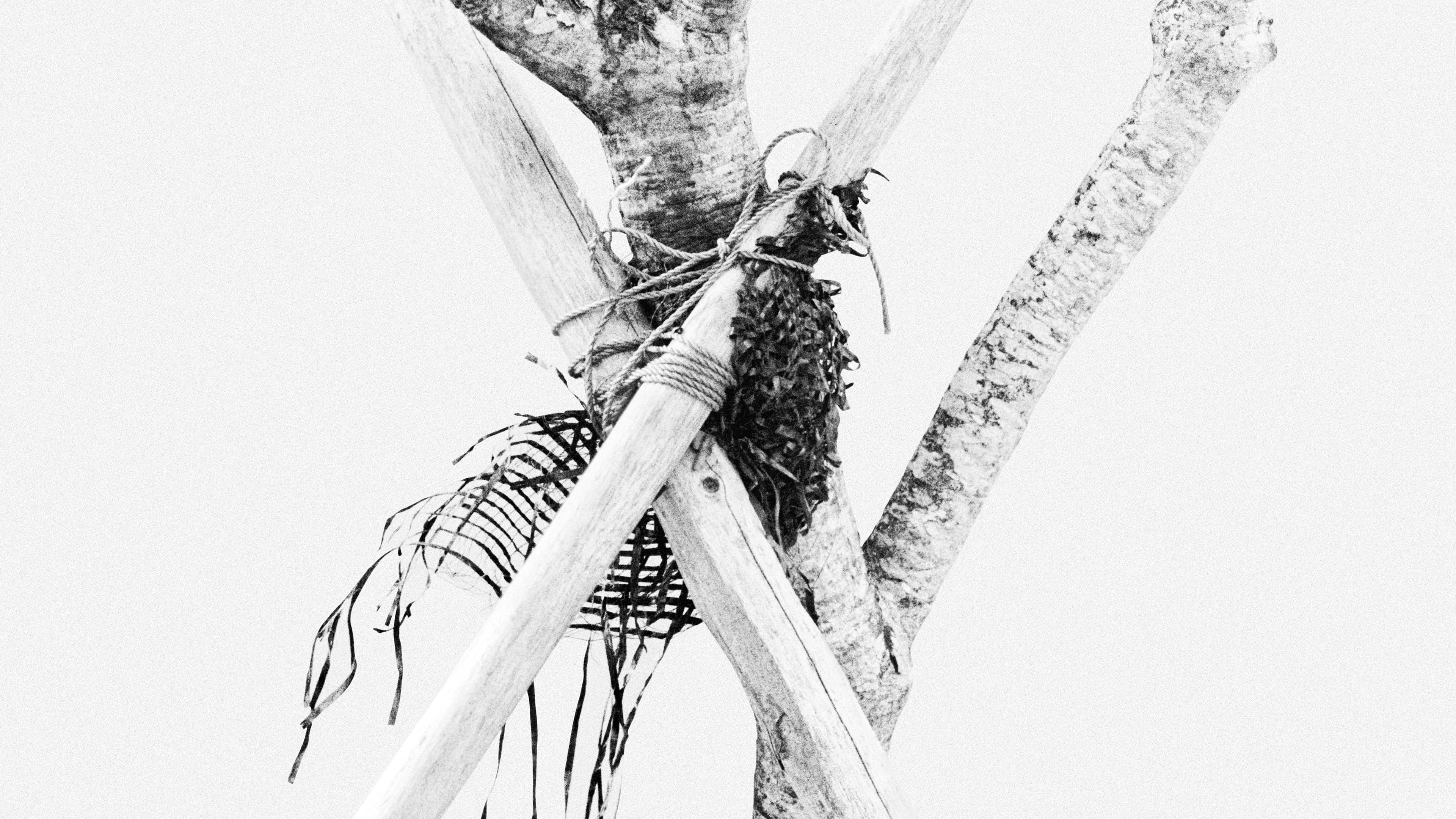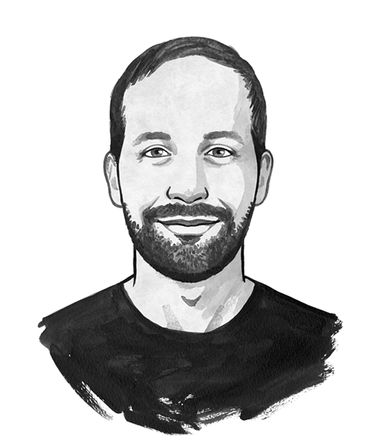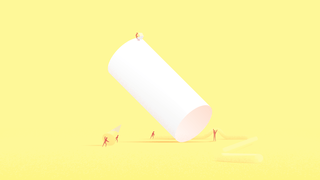We have a storytelling problem right now. The dominant popular narrative about climate change is too dire. To change everything, we need to learn how to imagine our future in a new way.
Today, I’m kicking off a multi-month reporting series called Producing Dystopia where I will try to identify, expose and reframe apocalyptic narratives about the climate emergency, and start to examine the kinds of stories about the future that aren’t being told – but should be.
My bet is that learning these dystopias are produced by specific people for specific reasons will lead to greater opportunity for people to understand (and reject) them, and help people replace them with a more diverse set of future visions that are in line with people’s own goals and dreams.
My ultimate goal is to humanise the climate problem and make it less abstract, more personal, more emotionally healthy – full of grief, anger, desire and empathy.
But I can’t do this on my own, nor is it my place to as I’m based in the US, and I’m only one person. I need more perspectives to challenge the kinds of stories that are being told about the disasters that are already unfolding around us.

That’s where you come in. How are you living through climate change? From the spectacular to the seemingly mundane. Whether it be surviving a hurricane, or living your life in a small island state or in a wildfire zone. Perhaps it’s adapting to drying or flooding lands.
As we question the narratives around climate change, we must make space for the stories of those living at the frontlines of this climate emergency – the people whose futures are at stake. If you belong to a community that has experienced climate disaster, or happened to get caught up in one, what was that like?
Have you ever experienced a climate disaster? How are you living through climate change?
Dig deeper
 Climate change is about how we treat each other
Climate correspondent Eric Holthaus suggests that to prevent climate disaster we must reimagine human relationships
Climate change is about how we treat each other
Climate correspondent Eric Holthaus suggests that to prevent climate disaster we must reimagine human relationships


